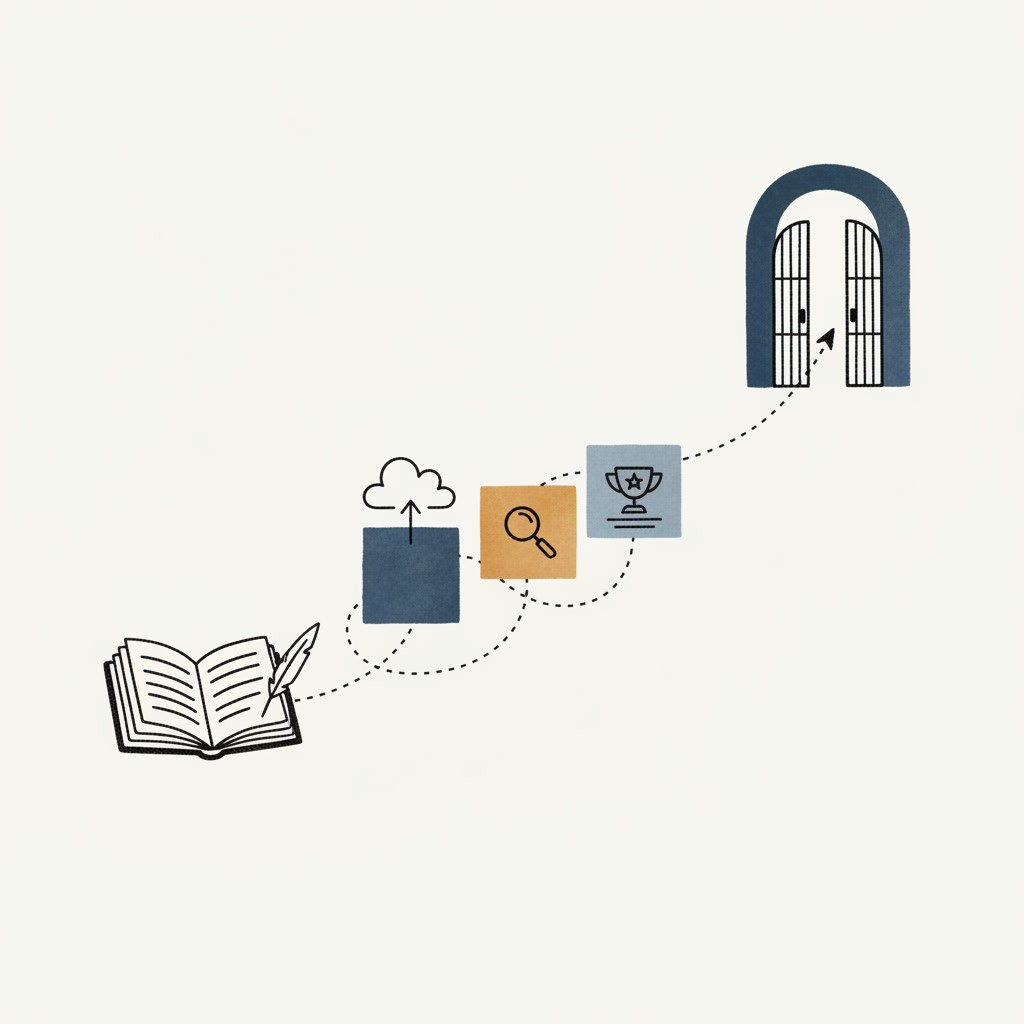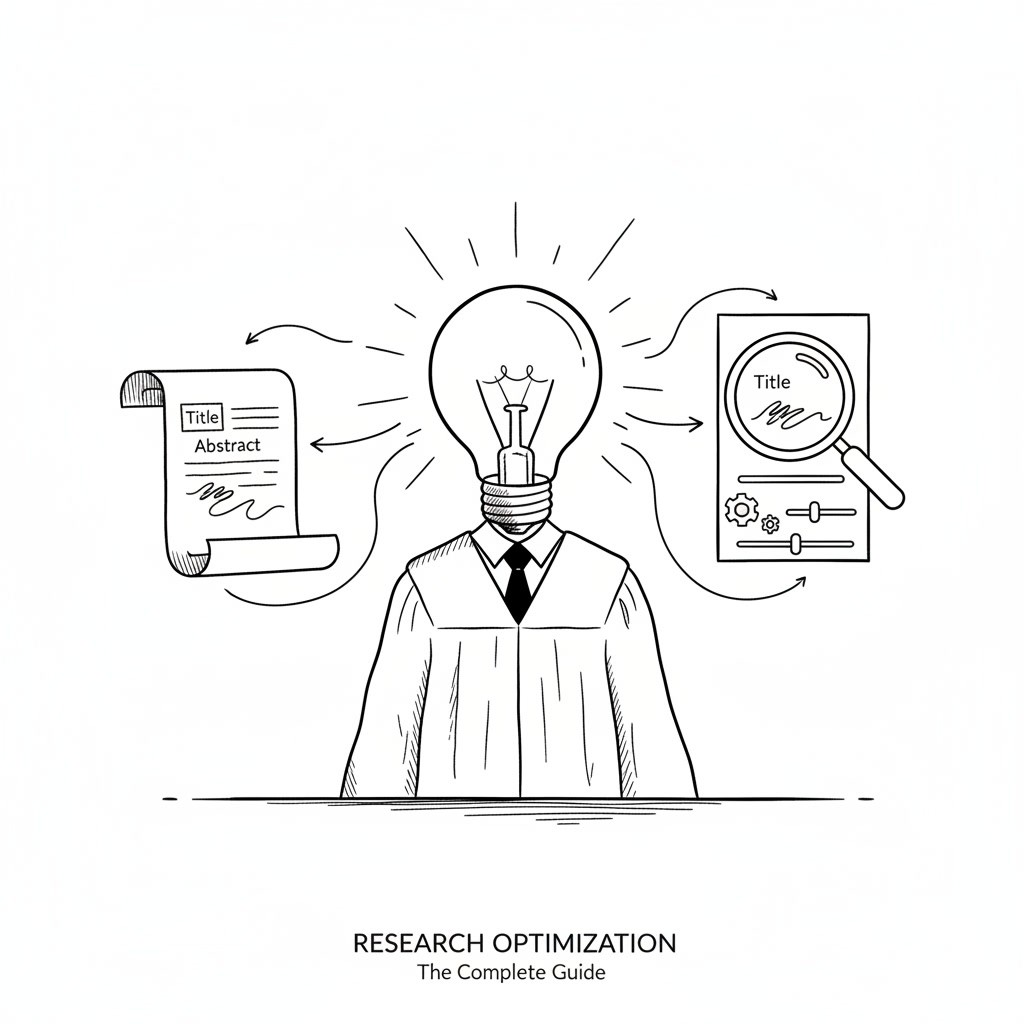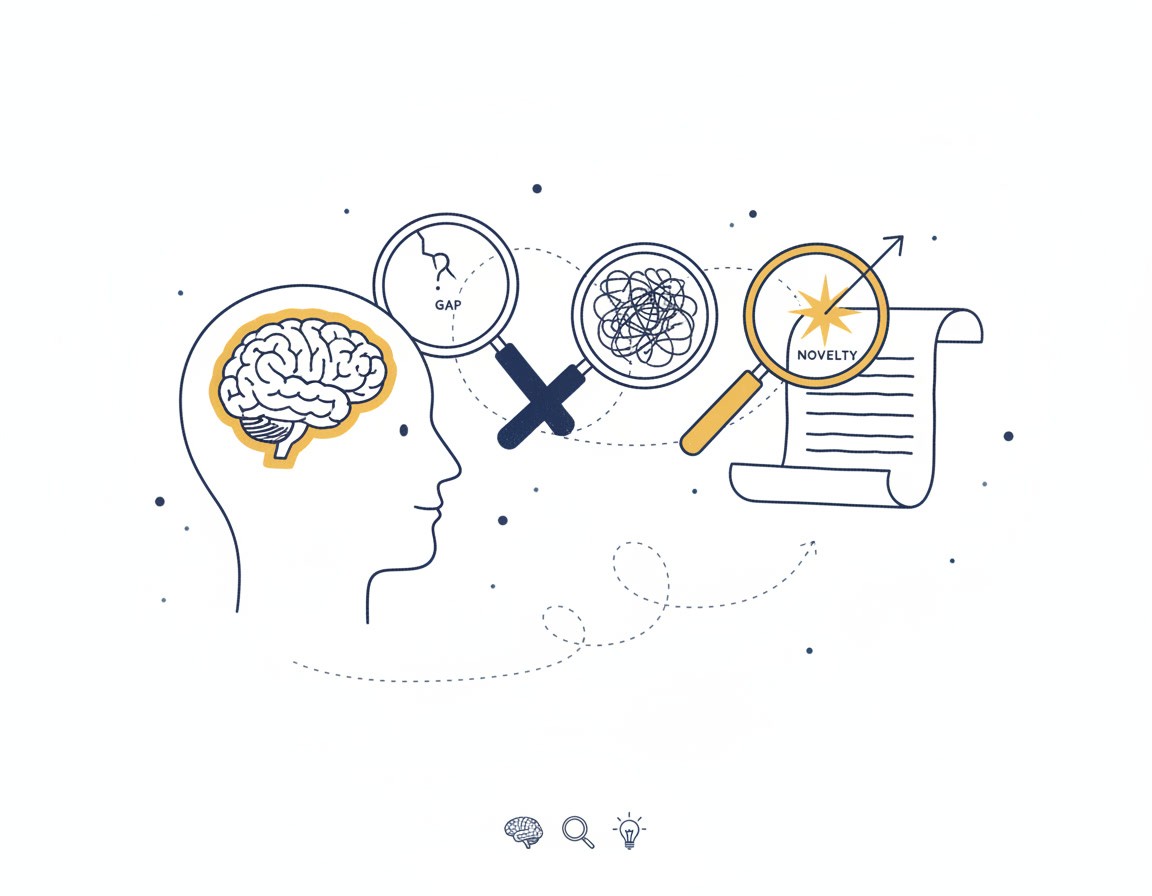Special Offer! Enjoy 58% OFF on the annual plan. Limited time only!
Editor's Pick
Trending
Latest

Empowering academic excellence in the age of AI
Revise your manuscripts faster - get publish sooner

Empowering academic excellence in the age of AI
Revise your manuscripts faster - get publish sooner
Recent
Thesify enhances academic writing with detailed, constructive feedback, helping students and academics refine skills and improve their work.
Subscribe to our newsletter
Thesify enhances academic writing with detailed, constructive feedback, helping students and academics refine skills and improve their work.
Subscribe to our newsletter
Thesify enhances academic writing with detailed, constructive feedback, helping students and academics refine skills and improve their work.
Subscribe to our newsletter
Special Offer! Enjoy 58% OFF on the annual plan. Limited time only!


























